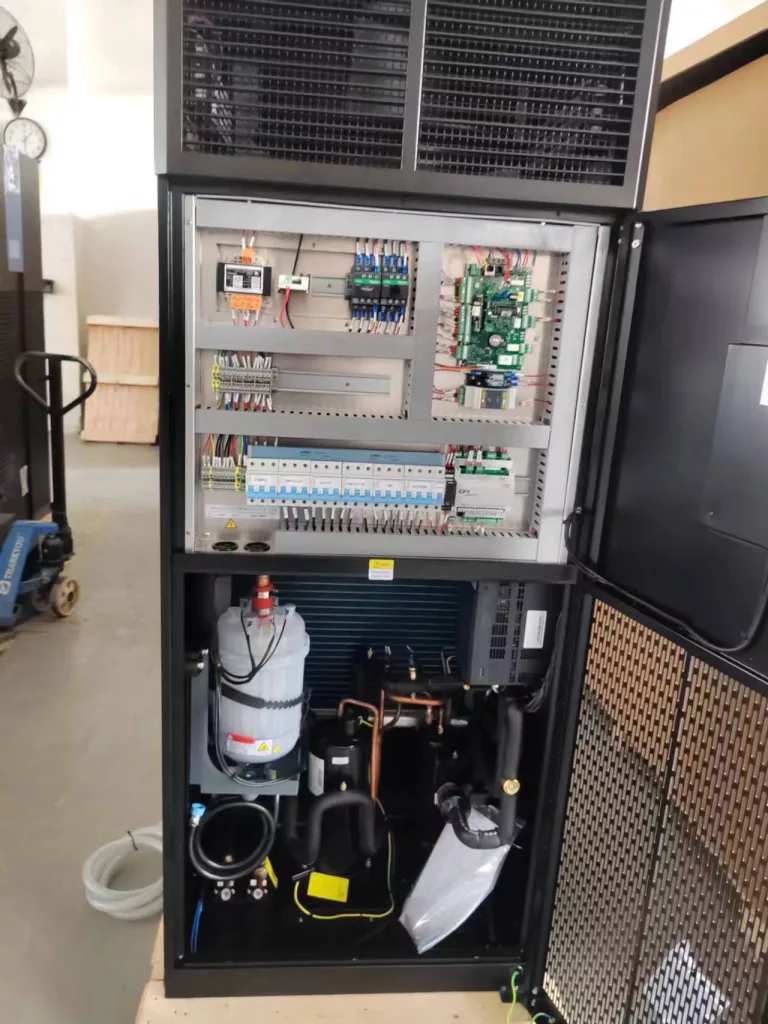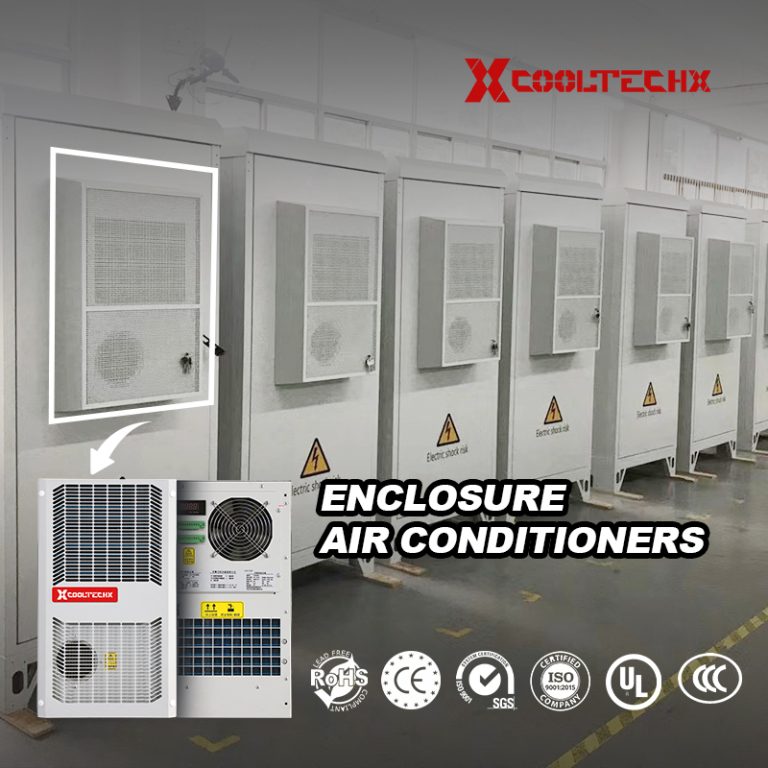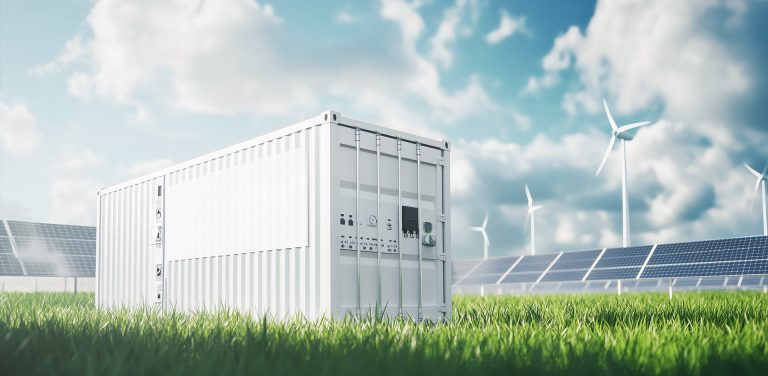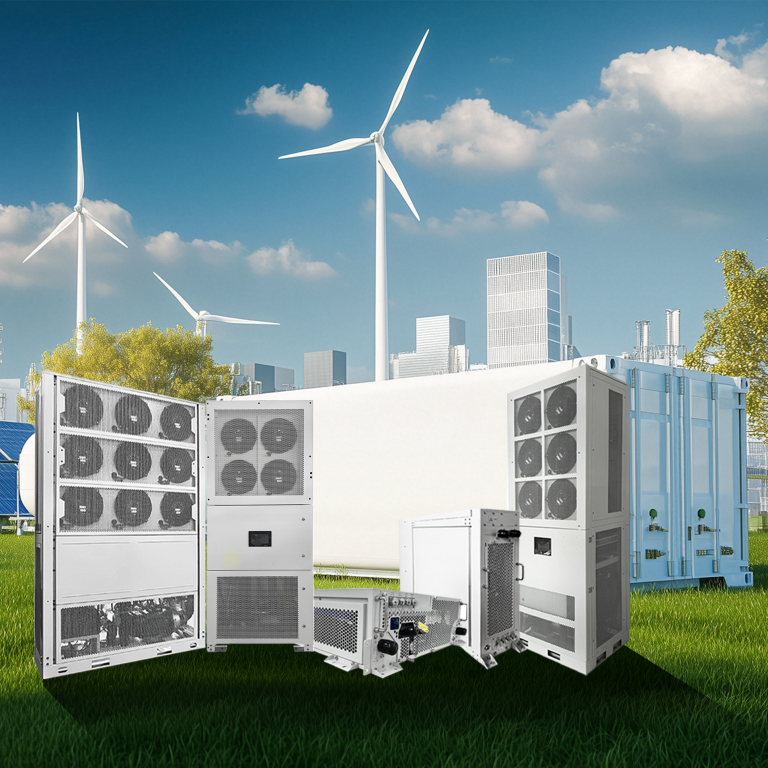As science and technology continue to advance, refrigeration technology has entered a new era of intelligent control. Precision air-conditioning systems, especially in data centers, laboratories and medical facilities, require not only excellent temperature control but also careful management of air quality and humidity. The key role that intelligent control systems play in this area and how they work cannot be overemphasized.
At the heart of an intelligent control system is its ability to constantly monitor environ
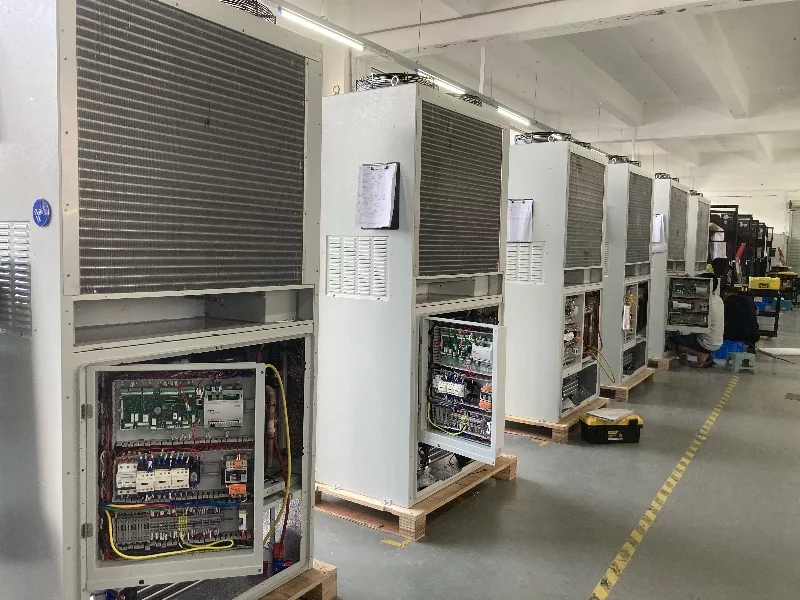
mental conditions in real time and automatically adjust the functioning of the cooling equipment to maintain an optimal environment. Here are some key points about its operation:
Sensor and Data Collection The sensors.
integrated within the syst
em are the initial step in gathering information. They monitor critical parameters such as
temperature, humidity, and air flow, transmitting this data to the central control unit in real time. The precision and response rate of these sensors impact the overall system’s responsiveness and regulation accuracy.
The Central Processing Unit (CPU) is integral in this process.
All data is transmitted to the central processing unit, the brain of the system. The CPU analyzes sensor input according to predefined environmental criteria, including temperature setpoints and humidity ranges. Based on this analysis, the CPU determines whether adjustments to the cooling system are necessary. It then decides whether and how to adjust the output of the refrigeration system.
Control Logic and Execution.
When the CPU identifies a need for adjustment, it issues commands to actuators like compressors, fans, and valves. These actuators adjust their operations in response to the command, such as adjusting the compressor’s speed or regulating cooling water flow. This process is continuous, and the system is fine-tuned based on feedback from sensors.
The Human Machine Interface (HMI) facilitates interactions between humans and the control system.
Although automatic operation is possible, the HMI is crucial for monitoring system status and enabling manual intervention. The HMI allows the operator to keep track of real-time data, troubleshoot and adjust setpoints manually when needed.
Benefits of Intelligent.
Control An intelligent control system’s advantage lies in its high automation level and accuracy in regulating control. It ensures that environmental conditions are optimized while improving energy efficiency and reducing operating costs. Additionally, intelligent systems can adapt and learn, predicting future needs based on historical data and patterns, facilitating more precise regulation.
In conclusion.
the integration of intelligent control systems in the refrigeration industry embodies a new era of heightened efficiency, energy conse


